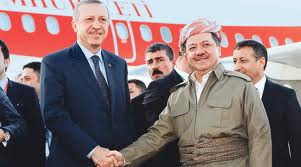Simon HENDERSON* The Washington Institute PolicyWatch 1978
A top-level Israeli government committee has produced a blueprint for
exploitation of substantial natural gas reserves, but solutions must
still be devised for a range of technical, commercial, and political
problems.
In October 2011, following the discovery of large quantities of natural
gas off Israel's Mediterranean coast, Prime Minister Binyamin Netanyahu
appointed an interministerial committee to formulate policies for
development of the new resources. Last week, the so-called Zemach
Committee -- after chair Shaul Zemach, director-general of the Ministry
of Energy and Water -- offered its recommendations. The panel's mandate
was to offer suggestions on ensuring Israel's energy security,
facilitating competition in its emerging domestic natural gas market,
leveraging the environmental benefits of natural gas compared with other
fuels, and maximizing the economic and political benefits.
